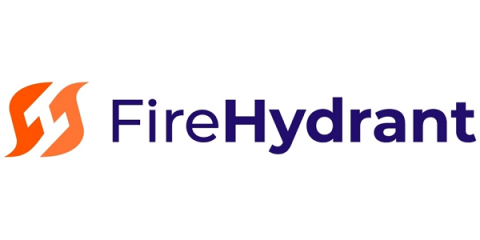New release: Incident Automation just got even better with conditions in FireHydrant Runbooks
The ability to automate your incident response process means you can start responding to incidents faster. So it’s easy to see why FireHydrant Runbooks is so popular within the platform. When you let automation take over, you can spend more focus fixing problems and keeping your customers happy. Now with the addition of conditions, you can create even more powerful automation.








